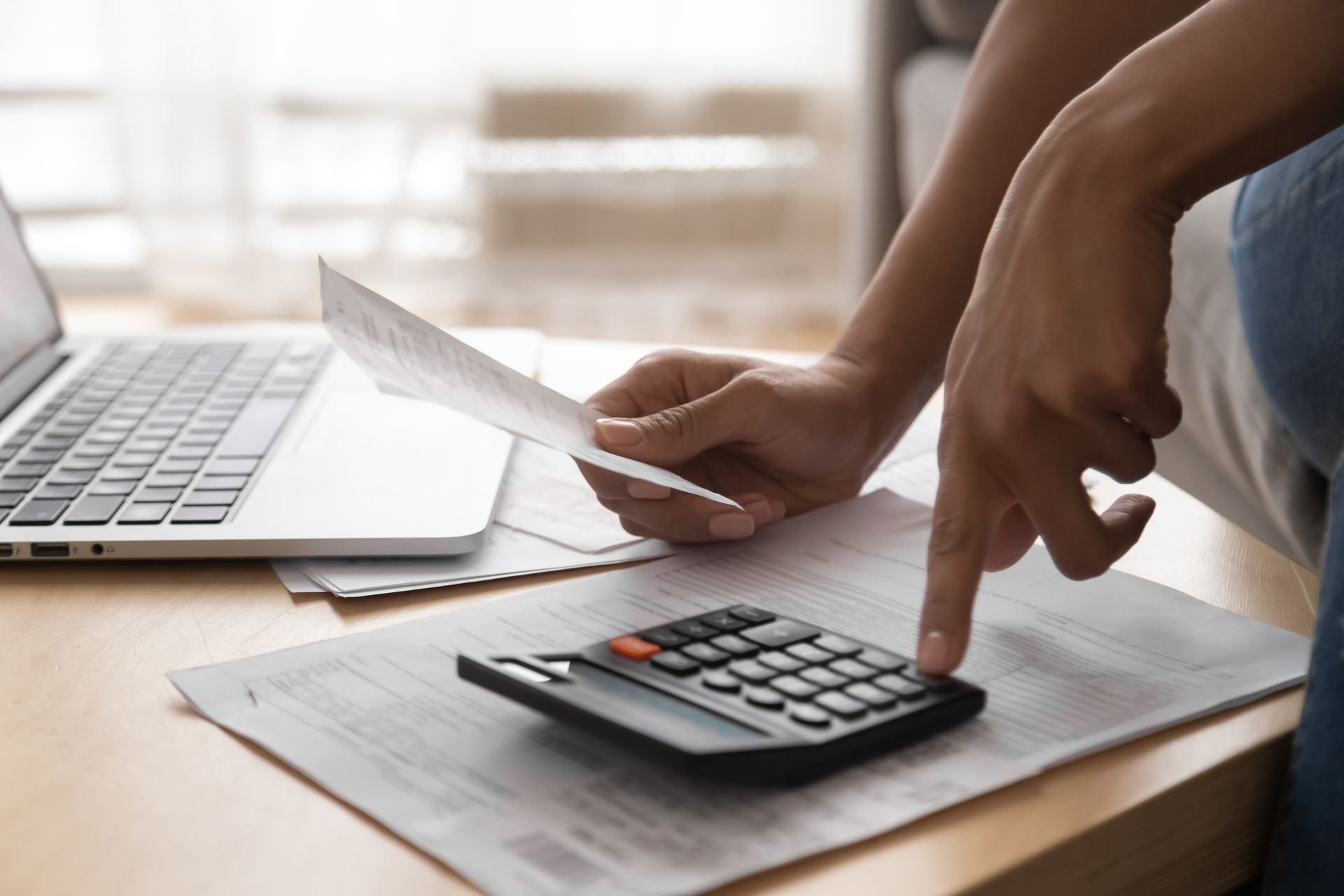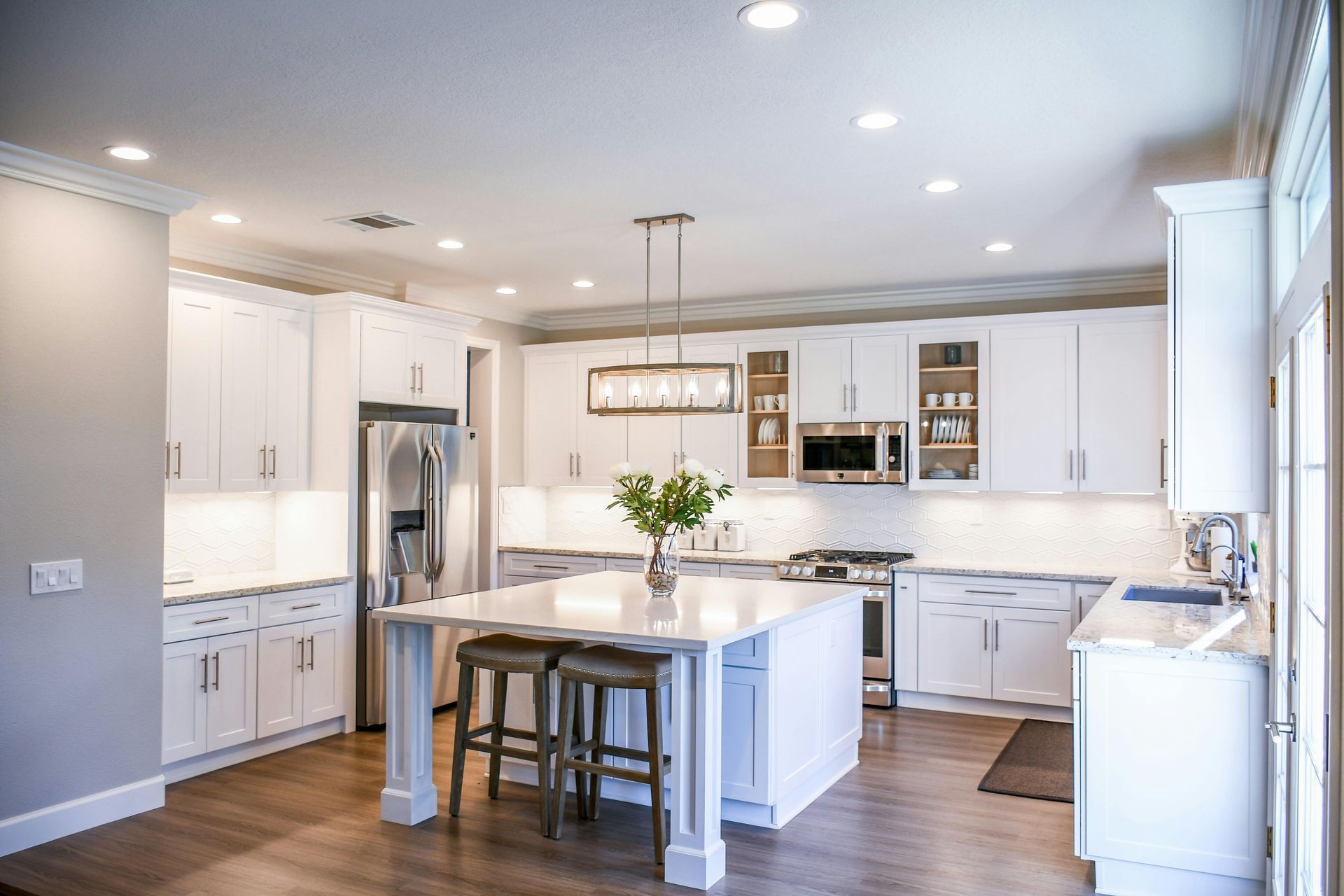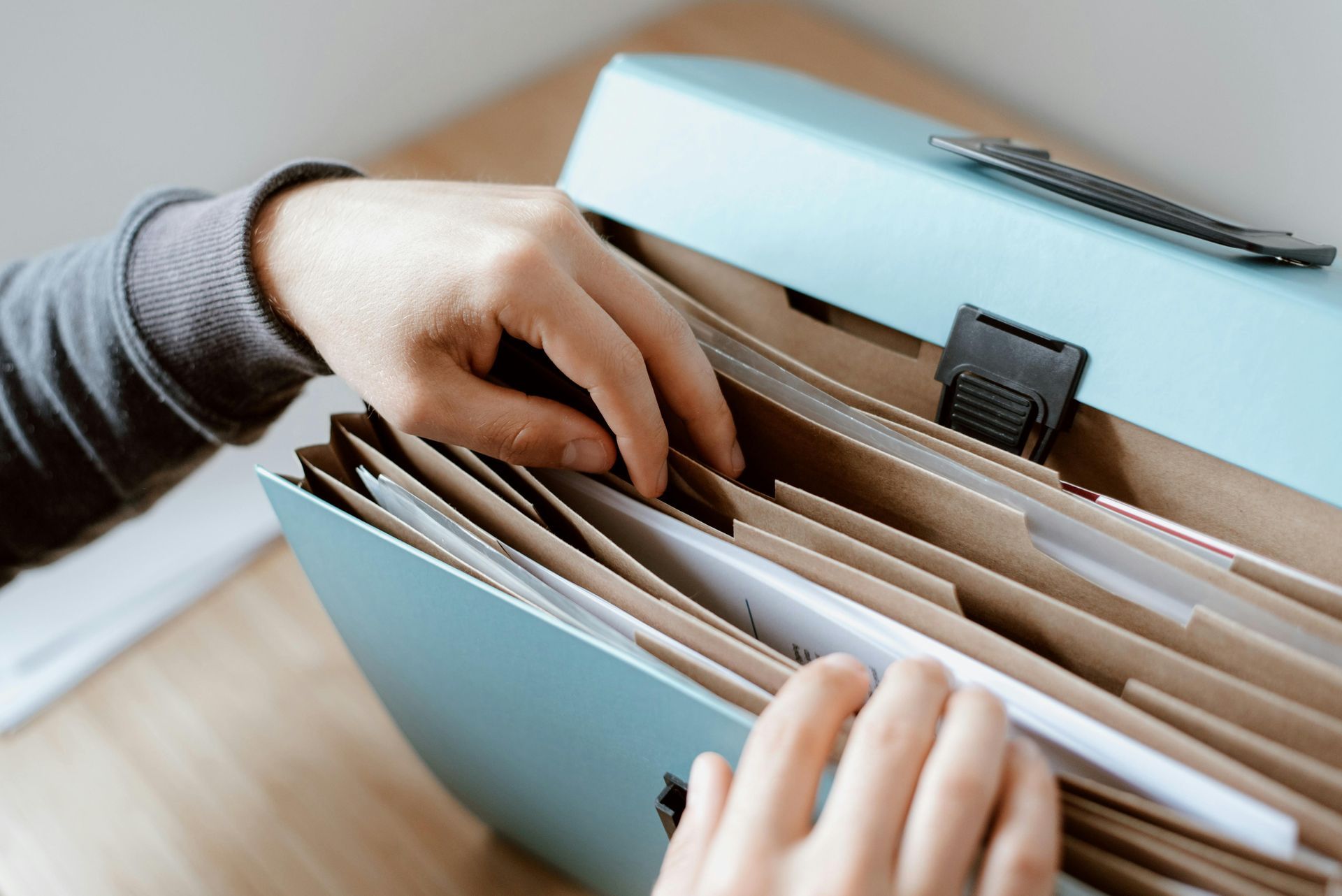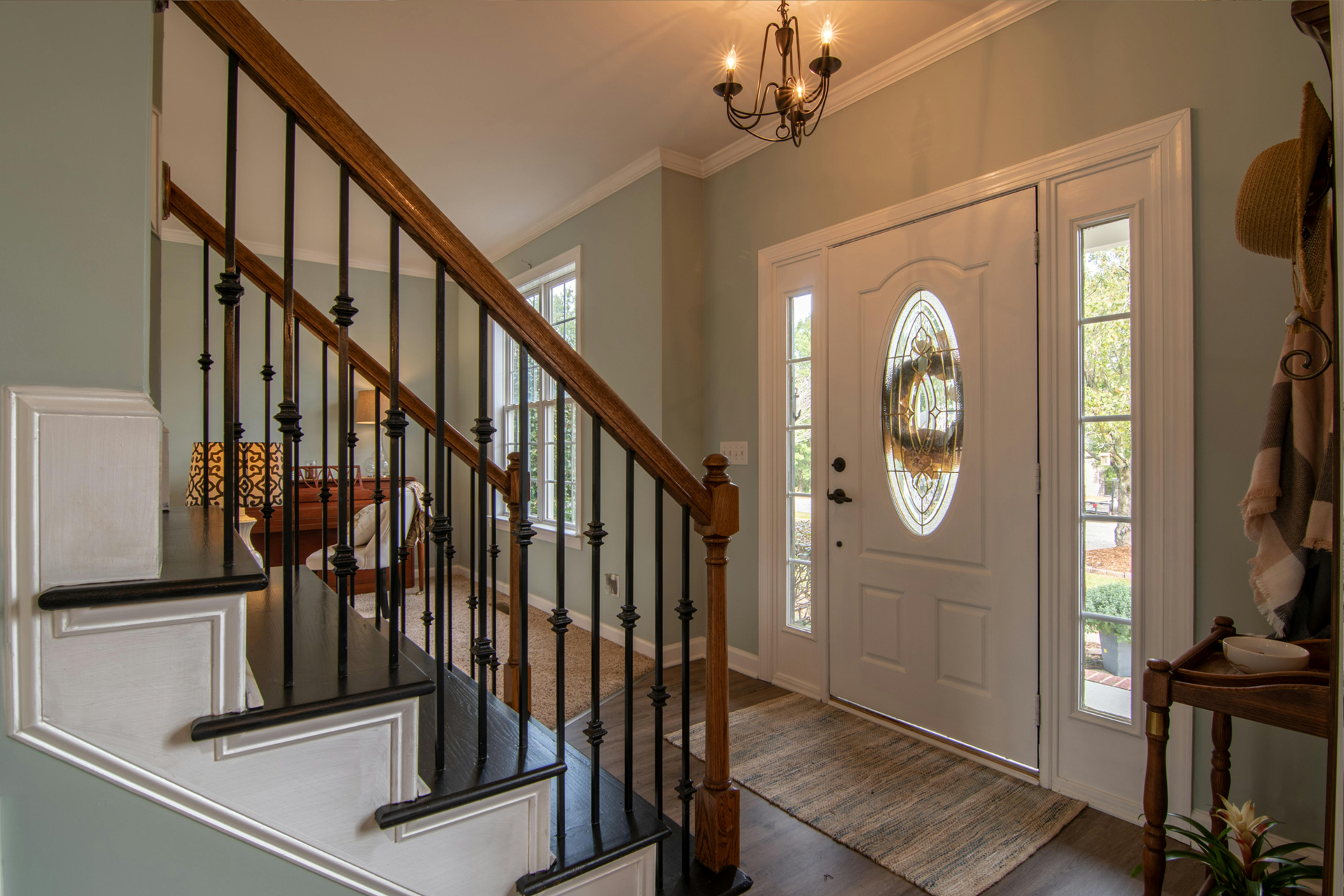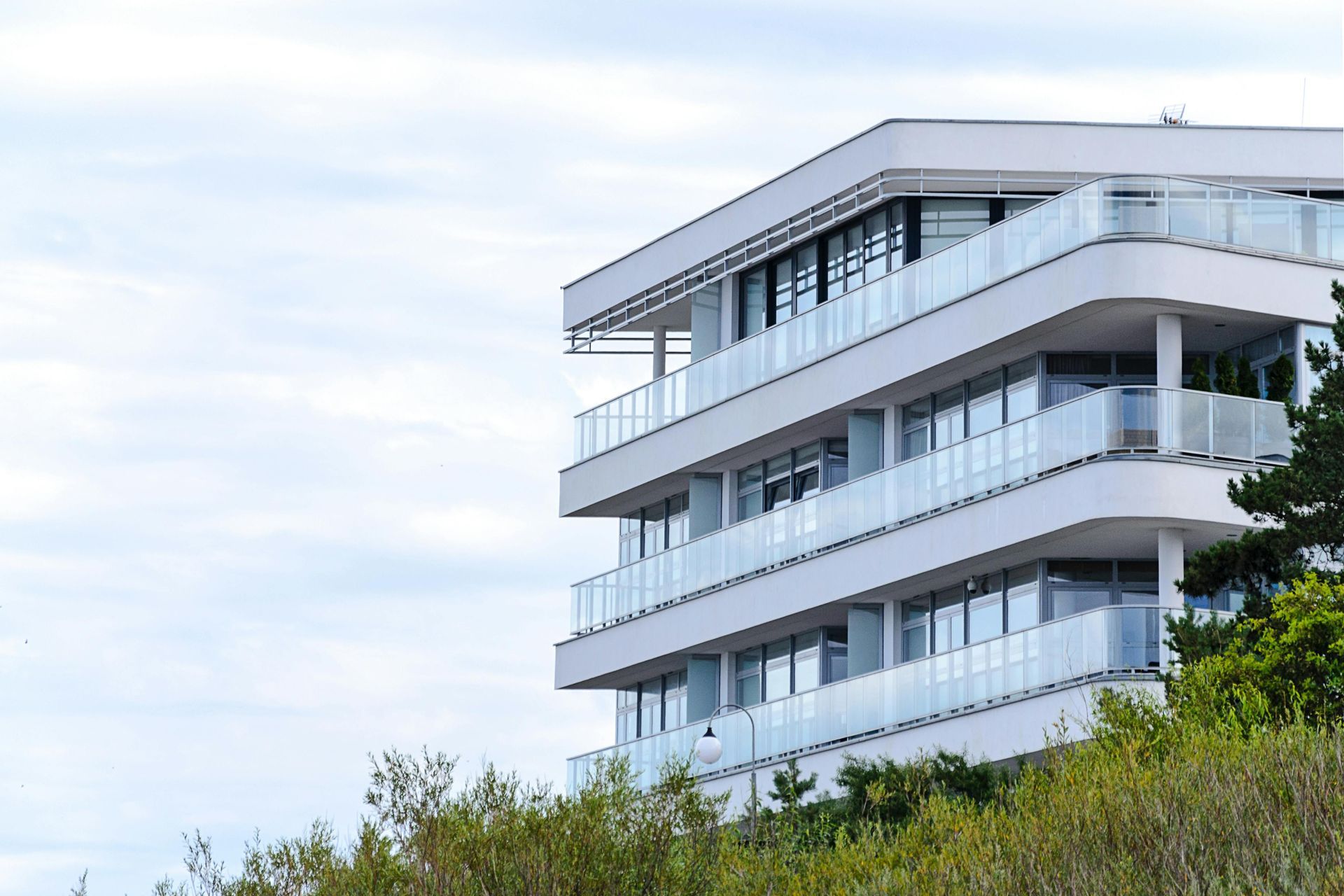The Hidden Costs of Buying a Home
Salomon Chong • June 12, 2020
When you’re in the process of looking for a home to buy, it’s easy to focus on the purchase price and not much else. However, buying a house or condo includes many additional costs that you need to plan for.
Especially among new homebuyers, and some move-up buyers, there’s often confusion about the real costs of buying a home. To clear up the confusion, let’s take a look at the less obvious costs. This way, you can more effectively budget for homeownership.
Closing Costs
When you begin the process of looking for a home, it’s easy to forget that there are a lot of additional costs at the end of the process. Closing costs typically include the following:
- Appraisal fee — An out-of-pocket fee paid to an appraisal management company that appraises the value of the home you’re buying, which will confirm the fair market value of the property.
- Earnest money deposit — To show that you are a serious buyer, you’ll often need to put down 1% to 3% of the total purchase price. This will go toward your down payment. While this isn’t technically an additional cost, it comes out of your pocket before you make your down payment, so it’s good to keep in mind.
- Impound account deposit — Also known as escrow accounts, the impound account is set up by a mortgage company to make sure you have enough money to cover things like taxes and mortgage insurance. A reserve deposit stays in the impound account until the mortgage is closed/refinanced and you typically get a refund within 30 days. Some buyers may be shocked by how much they have to put into this account.
- Inspections — You will want to have your home inspected by professionals to identify any potential problems, and that comes with an out-of-pocket fee. You will likely want to get a general inspection including structural, HVAC, and other assessments.
- Land survey — You may need to pay a land surveyor a fee to verify property boundaries in certain states.
- Processing fee — This fee is paid to the mortgage company for processing your loan. It typically costs between $500 and $700.
- Title insurance policy — You’ll want to pay a title company to make sure the deed to your potential home has no other owners or people who can make a claim to the property.
- Underwriting fee — You’ll need to pay an underwriting fee to your lender for determining whether it should approve your loan.
Homebuyers can generally expect to pay 1% to 2% of a home’s purchase price in various closing costs, outside of the down payment. In some markets, that percentage can be even higher. Consult your mortgage advisor for a more detailed estimate.
Property and Transfer Taxes
When you buy a home, you can’t forget that you’ll also be on the hook for local taxes. You’ll also owe specific taxes each year simply because you’re the owner.
- Property taxes — County governments levy various property taxes on homes based on their assessed value. At the end of the home buying process, expect that you’ll need to pay a prorated amount of taxes upfront at closing. You’ll be on the hook for taxes owed during the time period from when you become the owner to when the current tax period ends. After the sale is complete, you’ll also owe property taxes each year. If you make improvements to your home, the value of your home may go up and this may increase your property tax bill.
- Transfer taxes — When a title passes from seller to buyer, the homebuyer often must pay a transfer tax to a county, city, or state. The fee is due at closing for transferring of the title, but who pays the is determined in the purchase contract. For example, in Southern California, the fee is usually paid by the seller.
While county and other local taxes vary considerably around the country, you’ll want to do as much research as you can before buying your home. To get an estimate of what you’ll owe yearly, try using a free property tax calculator.
Costs You Pay After the Purchase is Complete
Finally, you should also be aware that there are many costs after you’ve closed. If you’re a first-time homebuyer, you may not be prepared for additional costs that were not associated with renting. After-closing costs include:
- Home insurance — When you’re done buying your home, you’ll need to purchase insurance to protect from theft and damage like fire and wind. Also, keep in mind that payment of your first year’s worth of home insurance may be required at closing.
- Home maintenance and repairs — Another big difference from renting is that you’ll also be on the hook for fixing issues with your home. Everything from HVAC to plumbing to structural repairs is all on you once the home is yours, and there’s a good chance you’ll need to do some maintenance in your first few years.
- Moving costs — There’s a good chance you’ll need to hire professional movers if you’re settling into a new home. If you need to move a lot of possessions, movers can cost thousands of dollars.
- Natural disaster insurance — Standard homeowner’s insurance does not cover damage from earthquakes and floods. If you live in an area with a history of earthquakes or flooding, you may need to purchase special insurance to protect your home.
- Utility costs — Once you own a home, you’ll owe monthly utility payments for electricity, natural gas, water, and sewage. These costs can be underestimated, so be sure to fully understand the average utility bills before closing.
All of these additional costs could add up to tens of thousands of dollars in your first few years of homeownership.
For budgeting purposes, it would be ideal to calculate these costs (minus unexpected repairs) before or shortly after you buy your home. For example, there are several free energy-use calculators that can help estimate your utility bills.
Call now at (888) 273-8734 or Schedule a Consultation and get all your questions answered by a Mortgage Consultant.

